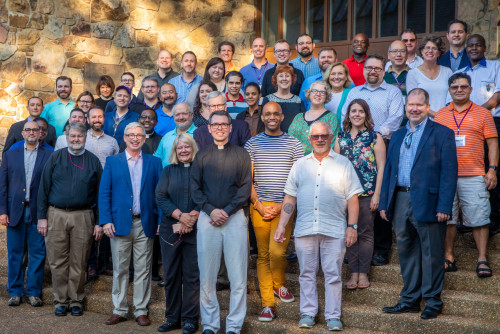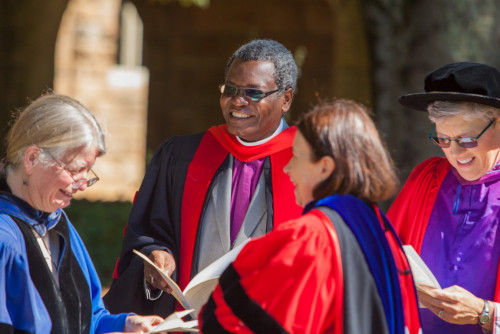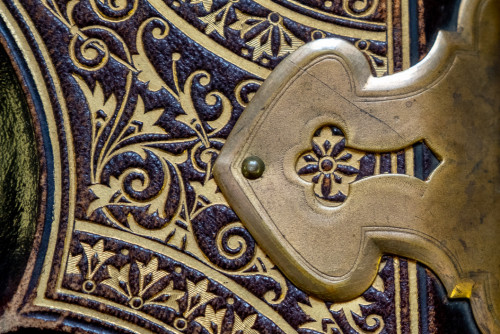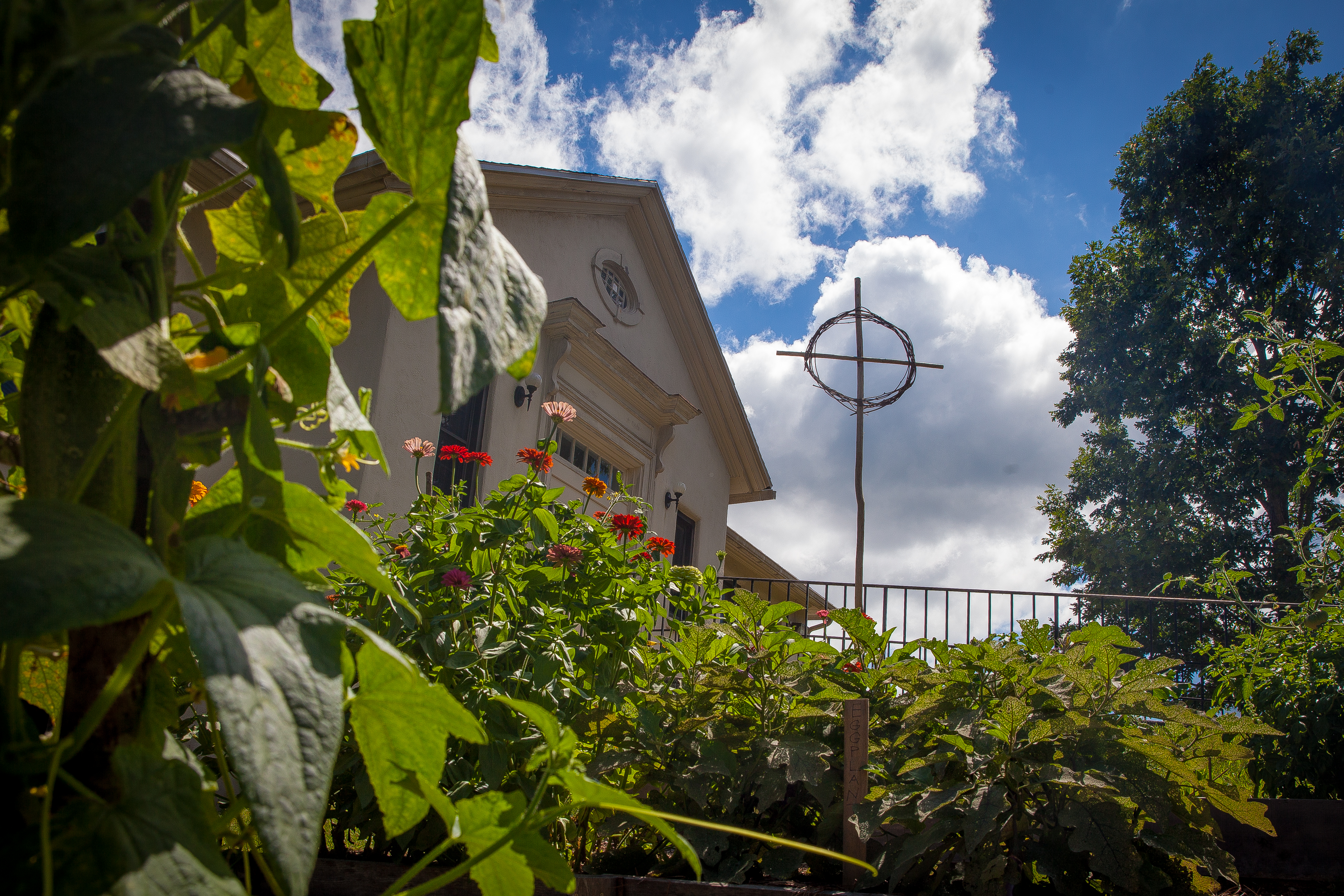Master of Sacred Theology
The master of sacred theology (S.T.M.) degree provides the opportunity to gain further mastery in a chosen area of theological study. Students will attain and apply the skills needed for scholarly research in a theological discipline at an advanced level. The S.T.M. program is intended for those who may wish to prepare for graduate study at the doctoral level or for various forms of teaching, to enhance their scholarly understanding of ministerial practice, or to engage in disciplined reflection in an area of ministry.
Students must complete a minimum of thirty semester hours of academic credit with a grade point average of 3.00 or higher. Six of the hours must be in the form of a thesis. The student, working in consultation with a thesis supervisor from the faculty of the School of Theology, will develop a proposal and write a thesis demonstrating scholarly competence, and pass an examination covering the area of the thesis and major specialization.
The normal paradigm is two classes in each of four summers and registration for thesis hours after the fourth summer. A student may not register for thesis hours until the thesis proposal has been approved. A student may choose to finish sooner by registering for the thesis hours in January after the fourth summer in order to graduate in May of that year.
Thesis and Candidacy
The student will be required to complete a thesis demonstrating scholarly competence. The purpose of the S.T.M. thesis is to demonstrate the ability to research an issue and to write in a clear and concise manner. It is not expected that every thesis will be “an original contribution to knowledge,” but it must make a significant contribution to the student’s understanding of their area of specialty.
In preparation for the thesis proposal and candidacy request, the student will consult with the director of the advanced degrees program about the general subject of the thesis. The director will work with the student to choose a supervisor for the preparation of the proposal. The supervisor will be a member of the teaching faculty of the School of Theology, and will serve as the first reader. Guidelines are provided for writing the thesis proposal, and the thesis itself.
Upon approval of a thesis proposal, the committee will select, or approve the student’s request of, the second reader. The committee will consider the thesis subject and the potential reader’s expertise, workload, and availability. Readers are ordinarily faculty of the University. On occasion, an outside scholar with particular expertise in the thesis subject may be contracted as a reader.
Examination
An oral defense covering the area of the thesis and major specialization is also required. This may be accomplished in person, by conference call, or video conference, as circumstances may demand. A final, library copy of the thesis is submitted to the coordinator of academic affairs for binding.




